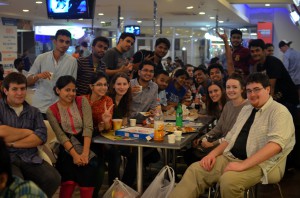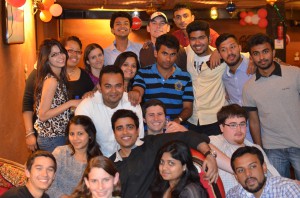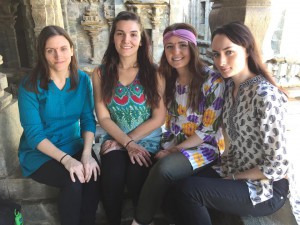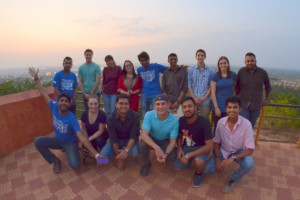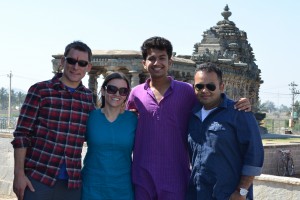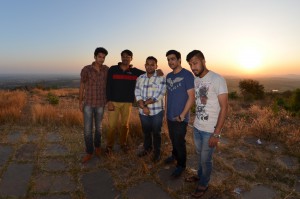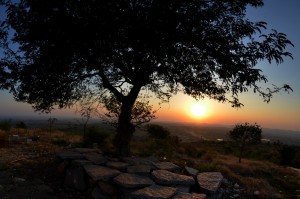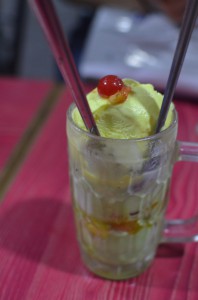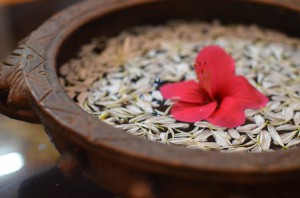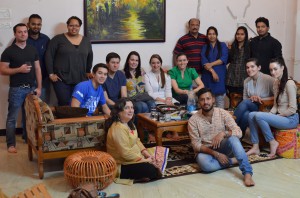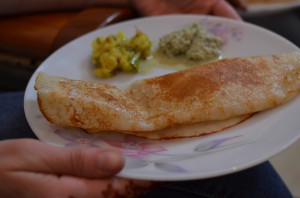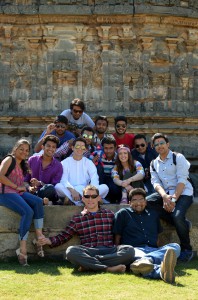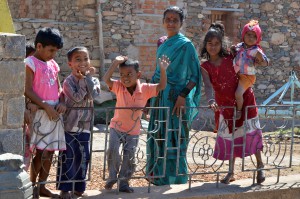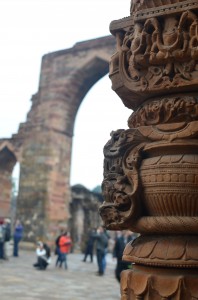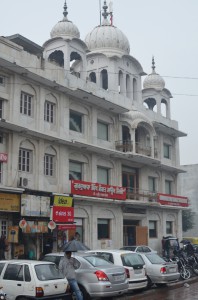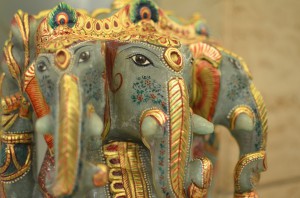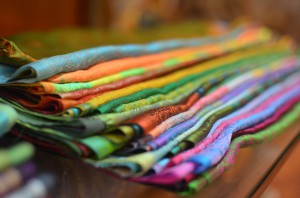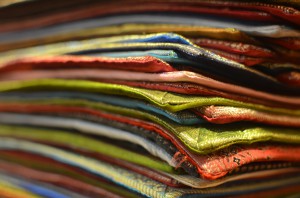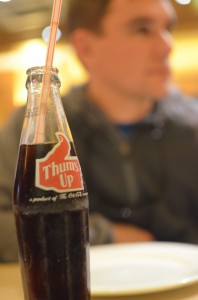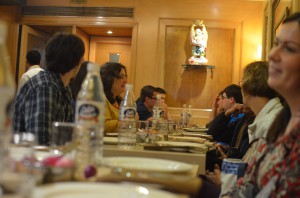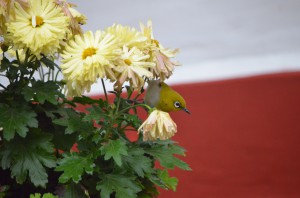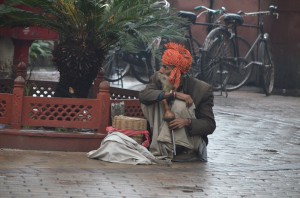One thing I’ve learned is that you can’t fake your way through cultural immersion. It’s 100% real and unyielding; there is no choice in the matter on whether you like it or not, whether the culture is up to your standards, or whether you fit in or not. It’s very much like swimming: once you’re in the deep end, there is no choice but to swim. Whether or not the water is the ideal temperature or clean enough for you is irrelevant. Just swim.
As of now, I have studied abroad a total of three times. My first was to China for a cultural course consisting of an intense two-week study of Chinese history and Mandarin language. We visited all the cultural and historical sites we could see in Beijing, Xi’an, Qufu, Jinan, and Shanghai. My second abroad experience was Comparative Management in San Jose, Costa Rica, where we observed various businesses and production factories, comparing their work processes with those of the United States. Both abroad experiences were very different from each other, yet delivered similar results. Through them, I was able to observe cultural differences from the outside by making several conclusions that were sometimes based on assumptions due to a lack of understanding. Finally, I enrolled in Global Innovation and Entrepreneurship in India, which changed how I thought of studying abroad. Immersion and observation are two different ways to experience a culture. After completing the course at BVB, my preference is now immersion.
Since this was my first total immersion experience, I was not sure what to expect. Since we were doing group projects, my grades now relied on my ability to work with my multidisciplinary and multicultural team. What if the cultural differences were too difficult to overcome? What if we could not connect on a common understanding of the goals? What if we just plain didn’t like each other? These were some of the questions that ran through my head before beginning the course. Thankfully, all of my worry was for nothing. Working with my team was wonderful; we all worked very well together and was able to create a comprehensive and coherent presentation for our final project. Additionally, I feel like the lifelong friendships with some of the students at BVB is another priceless benefit of the entire experience.
What surprised me most about the cultural immersion aspect of studying abroad was how organic and fluid it was. There was no control over anything, it just happened. The bonds between UML and BVB students formed quickly, without plan or warning. Although we were from opposite sides of the earth, we had so much in common with the Indian students that it was startling. On my second day in Hubli, my team met with their company’s primary investor. After a very fruitful meeting, we went out to a local coffee shop called Seven Beans. As I sat outside in the pavilion, it was almost like I was in the United States with fellow UML students instead of in India with people I had only met yesterday. I never could have anticipated how fast the friendships formed.
Over the course of 10 days, the bonds had grown so strong that saying our goodbyes proved a very difficult task. I witnessed grown men sobbing in tears and women holding each other close before parting. It was all very sad to see, but it was also an incredible thing to be a part of. Never before had I experienced working side-by-side with students in another country. I had grown so close to some of the people at BVB that it was very painful for me to leave. I am lucky that I live in the era of Internet communication. Otherwise, I’d need to write letters or buy a long distance phone plan in order to keep in touch with the BVB students. Hurray for the Internet!
Now, Hubli means something to me. It is not simply a city that I observed from the outside during a study abroad course. I experienced Hubli from the inside out, and that has made all the difference. I feel my ability to adapt and adjust to any situation in life has been strengthened even more than it was before. I learned a lot about who I am as person in the last three weeks by simply putting myself in unknown and unpredictable situations and adapting accordingly.
Remember: when the water is deep, the temperature doesn’t matter. Just swim.
-Rebekah Dufrene

